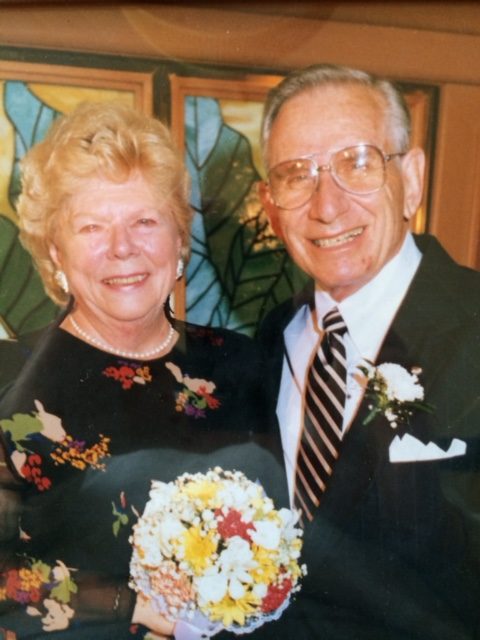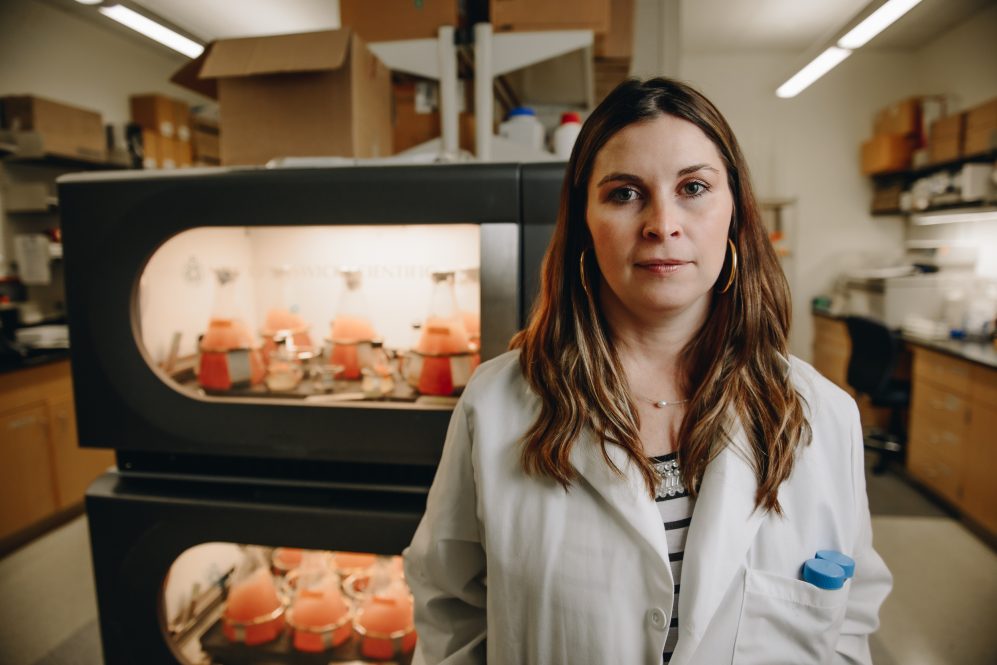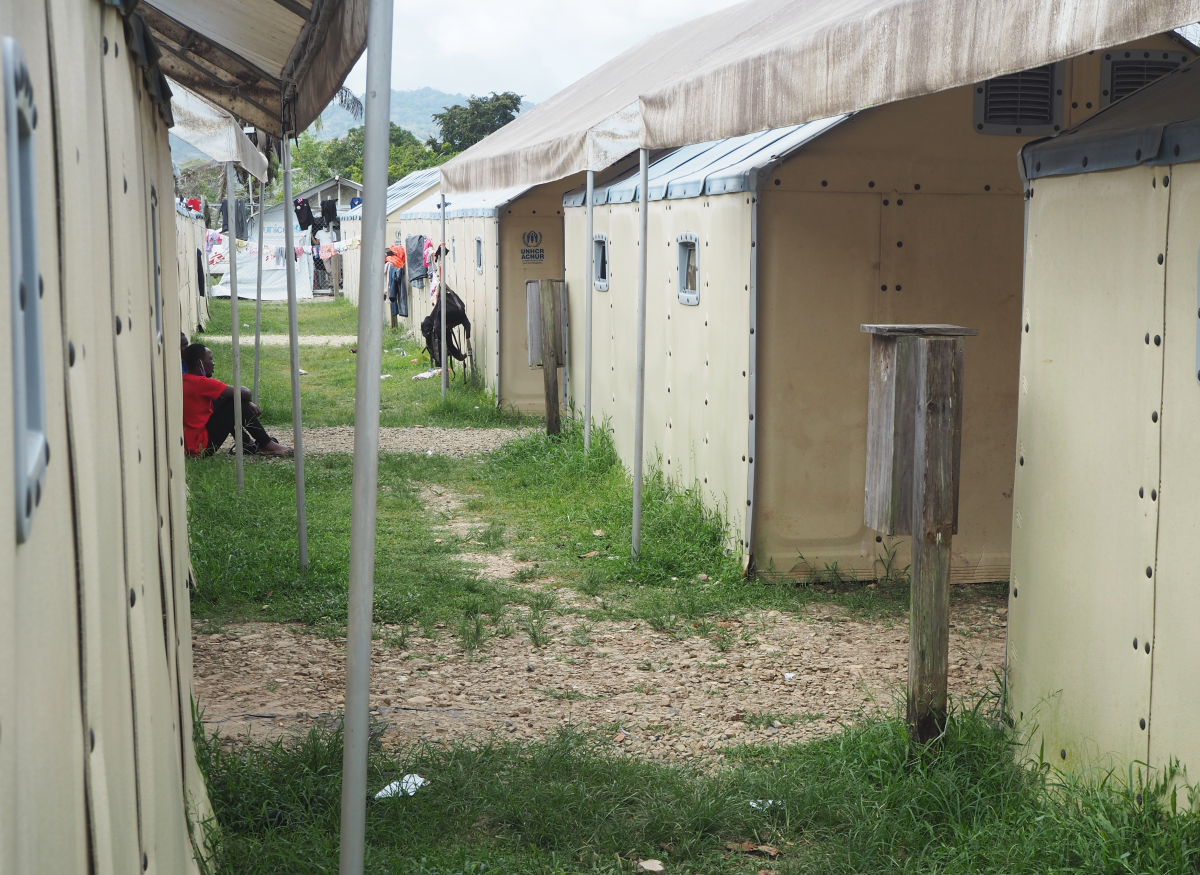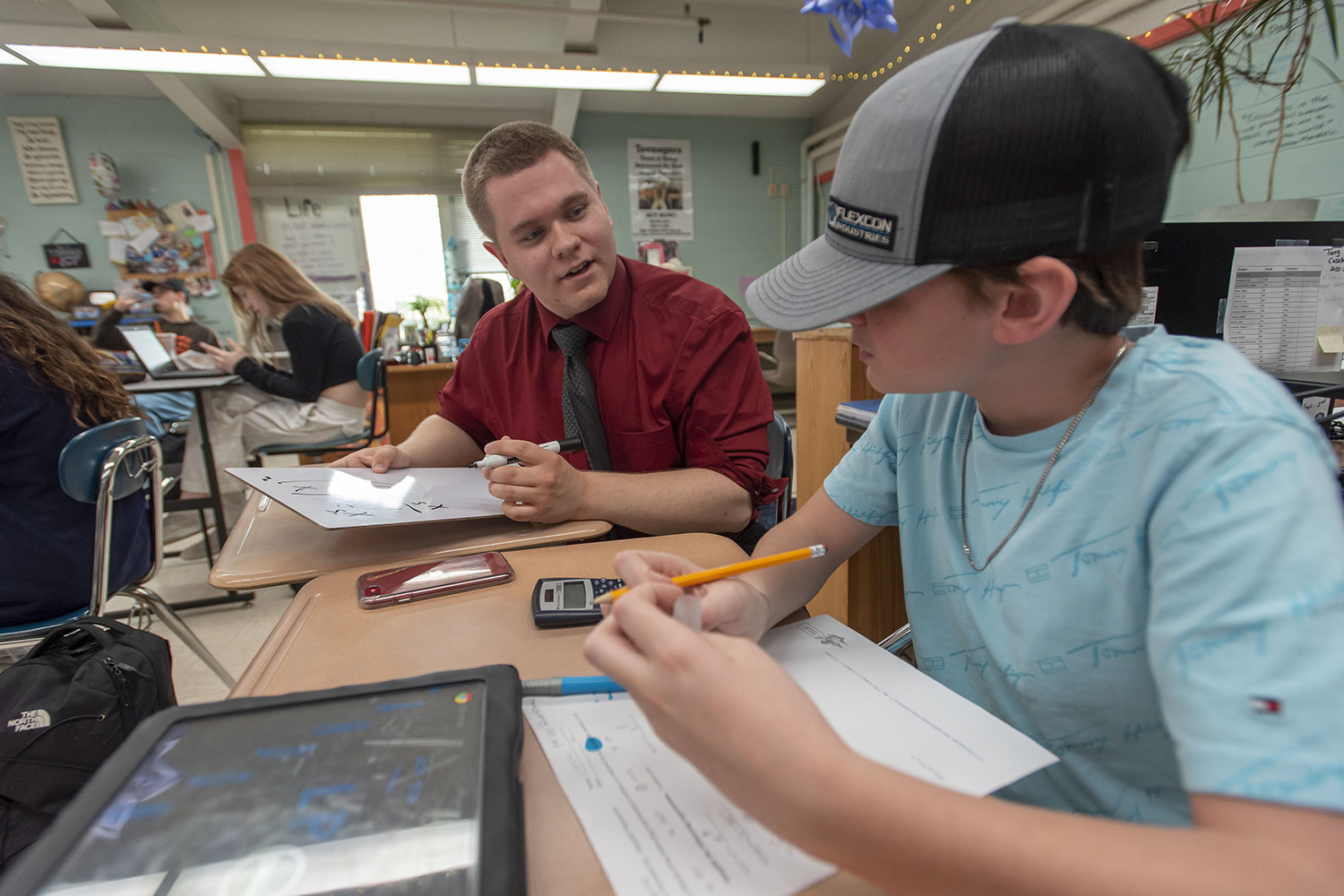If there is one thing that alumnus Thomas John Wolff ’56 (BUS) knew well, from first-hand experience, it’s that becoming a successful entrepreneur is incredibly hard work.
Wolff, who once owned five businesses simultaneously, believed in persistence, ambition, determination and almost unstoppable drive. He also knew that a great mentor and wise advice can take a young entrepreneur a very long way.
Before Wolff passed away in 2008, at age 80, he and his wife, Bette, had taught their three children both the value of tenacity and the importance of helping others. In their parents’ honor, the three Wolff siblings created the Wolff Family New Venture Competition, which is the UConn School of Business’ pinnacle entrepreneurship challenge. The competition now awards $20,000 each year to an aspiring entrepreneur with exceptional talent.
Wolff Champs Raised $12 Million in Funding in 2020 Alone
Some 25 teams have participated in the Wolff New Venture Competition since 2016, with six winners (including the first year when two were selected.) The competition has provided $105,000 to the startups, which have gone on to notable success.

Those novel businesses have raised $16.2 million in funding, with $13.2 million of that coming in 2020 alone, says Jennifer Murphy, director of the Connecticut Center for Entrepreneurship & Innovation (CCEI) at UConn. Murphy and Michelle Cote, instructor and director of strategic partnerships at CCEI, and their team of mentors, work closely with the startup candidates, grooming them for the competition and preparing them for success beyond it.
“The Wolff family have been pioneers for entrepreneurial education, and UConn is extraordinarily fortunate to benefit from their foresight,’’ says management professor Tim Folta, who is also holds the chair in entrepreneurship endowed by the Wolff family. “Before entrepreneurship had become a world craze, the family was planting a seed at our university, and encouraging its leaders to train and inspire our students to impact their world through entrepreneurship.’’
The Wolff New Venture Competition is the capstone of the School of Business’ entrepreneurial efforts, Folta says. “We now use the competition to highlight the amazing ventures coming from UConn, and recognize those having potential to leave the biggest imprint on our society.’’
“From our perspective, we want to do anything we can do to realize our Dad’s dreams,’’ says Deb Davis, one of the Wolff siblings. “Entrepreneurship is a difficult thing. It involves a lot of trial and error, and then starting over. This program is an effort to help promising entrepreneurs find their footing—and move forward.’’
Vision-Preserving Company Got Big Boost from Competition
Entrepreneur Nicole Wagner ’07 (CLAS), ’13 Ph.D. was one of the first Wolff competition winners. Her biotech company, LambdaVision, is working to restore vision to people who have lost their sight.
“The funds provided by the Wolff prize allowed us to hire a consultant to help us with our research and development and commercialization plan,’’ she says. “For LambdaVision, one of the biggest benefits was putting together a commercialization plan and slide deck that we could use for grant applications and to approach investors. While the layout and style may have changed, the work that we did in 2016 on our slide deck formed the foundation for all the presentations we have given since participating in the cohort.’’
After winning the Wolff competition, LambdaVision went on to a top ranking in the prestigious MassChallenge, secured a grant from the National Science Foundation, and received funds from the CT BioScience Innovation Fund. LambdaVision also secured additional grants, including three from NASA in 2020, which total $6 million, including appropriations to study the effects of microgravity on the layered deposition process used to create the artificial retina.
Wagner is a big advocate of the CCEI program and the Wolff New Venture Competition. “I encourage and recommend anyone looking at starting a business to apply,’’ she says. “The programs were rigorous and really challenged each company to ‘pressure test’ their business model, which is not always comfortable.’’
UConn Professor David Ivry Fostered Wolff’s Career
Tom Wolff was particularly fond of UConn because he felt it helped his career to move in the right direction.
“He started UConn planning to become a farmer,’’ Davis says. “But a professor, Dave Ivry, I believe, encouraged him to enter the insurance industry, and he felt he wouldn’t have gone into insurance, and enjoyed the success he had, without professor Ivry’s guidance.’’
“He loved to help people in any way he could. He offered a scholarship for a UConn student every year,’’ says his son, Greg Wolff. “He believed in hard work, family, and old-fashioned ‘tough love.’ He instilled the importance of independence in all three of his children. He encouraged us to do more and be more.’’ Both of the Wolff parents were enthusiastic and positive people, and their children grew up to be the same way.
Initially, Tom Wolff created a speaker series for UConn students that complemented a graduate class in entrepreneurship. The series, which ran from the mid-1990s to the early 2000s, drew top-notch talent, including NBA star Julius “Dr. J’’ Erving; Subway restaurants co-founder Fred DeLuca; IMG founder and chairman Mark Hume McCormack; grocery executive Stew Leonard Jr.; Famous Amos cookie founder Wallace “Wally’’ Amos, Jr.; and Wendy’s restaurant founder Dave Thomas, among others. They all spoke about motivation and entrepreneurial spirit.
When John A. Elliott became the Dean of the School of Business in 2012, he spoke with the Wolff family about their desire to continue the legacy started by their father. From those discussions, Folta initiated plans to make the Wolff New Venture Competition the crowning achievement for School of Business startup challenges. The event began in 2016, and today the Wolff family not only funds the venture, but takes a personal interest in the participants as they build their businesses.
The Princeton Review recently ranked the School of Business in the Top 30 for graduate entrepreneurship, and that’s something the Wolff family greatly influenced, Elliott says.

“The Wolff family is deeply committed to growing entrepreneurship at UConn, and in Connecticut,’’ he says. “They are all personally engaged in the challenge that bears their name, and are very enthusiastic supporters of young entrepreneurs. We couldn’t be more grateful for the difference they are making for our students.’’
“One of our recent Wolff competition winners said he felt like his win was the equivalent of ‘strapping a rocket booster’ on his company,’’ Murphy says. “That’s how profound this competition is both in terms of participant confidence, funding, mentorship and prestige.
“It has been an absolute pleasure to work with the Wolff family. They have been incredibly committed to caring on the legacy of entrepreneurship in their family by providing opportunities for young entrepreneurs to receive validation, support and resources so they can move their ventures to the next level.’’
The competition has attracted high-caliber startups that have achieved remarkable results, Murphy says. “I am grateful to the Wolff family for giving five startups each year a platform to share their ventures with our great network of alumni, community partners, industry experts and investors that are committed to supporting early-stage startups.’’
Competition Gave Founders ‘A Nudge of Courage’
Nick Myers is the CEO and co-founder of Phoenix Tailings, a company that is trying to develop technology to eliminate vast pools of highly toxic mining waste. Phoenix Tailings won the Wolff competition in 2019.
“We are incredibly thankful for the opportunity the Wolff competition provided us. The resources were used to overcome the critical area of risk for our business prior to being able to obtain private financing,’’ Myers says. “Beyond the funding, which we used to validate our technology and create our first products, the competition gave us our first market exposure enabling us to start discussions with customers as well as some of our first investors, including Techstars.
“Personally, the Wolff competition was the first opportunity for me to publicly present our dream, and was one of the first validation points encouraging us to continue on our mission to bring about a Zero Waste World,’’ he says. “Despite the incredible breadth of our dream, the near insurmountable tasks ahead of us, and all the challenges we face, the Wolff Competition gave us our first nudge of courage to never give up.”
Not Just Restaurants Any More
Gary Wolff noted that just a decade ago, many college students thought the best entrepreneurial path was to own a restaurant. Today, the startups are very diverse and unique, he says.
“It is wonderful to see young people create opportunities not only for themselves but for others,’’ he says. “The quality is so good they’re coming out with the opportunity to create new businesses. Though many first businesses fail, they’ve got the skills they need to try again.’’
Although Tom Wolff passed away 13 years ago, Greg Wolff said he knows his father would approve of the impact the family has had at UConn and the poise, polish, and capability of the participants.
“My Dad is up there, smiling down on this program,’’ he says. “The competition adds to the already robust reputation of the university and it is something he would love. It’s a legacy to him and something my siblings and I are pleased to foster.’’



